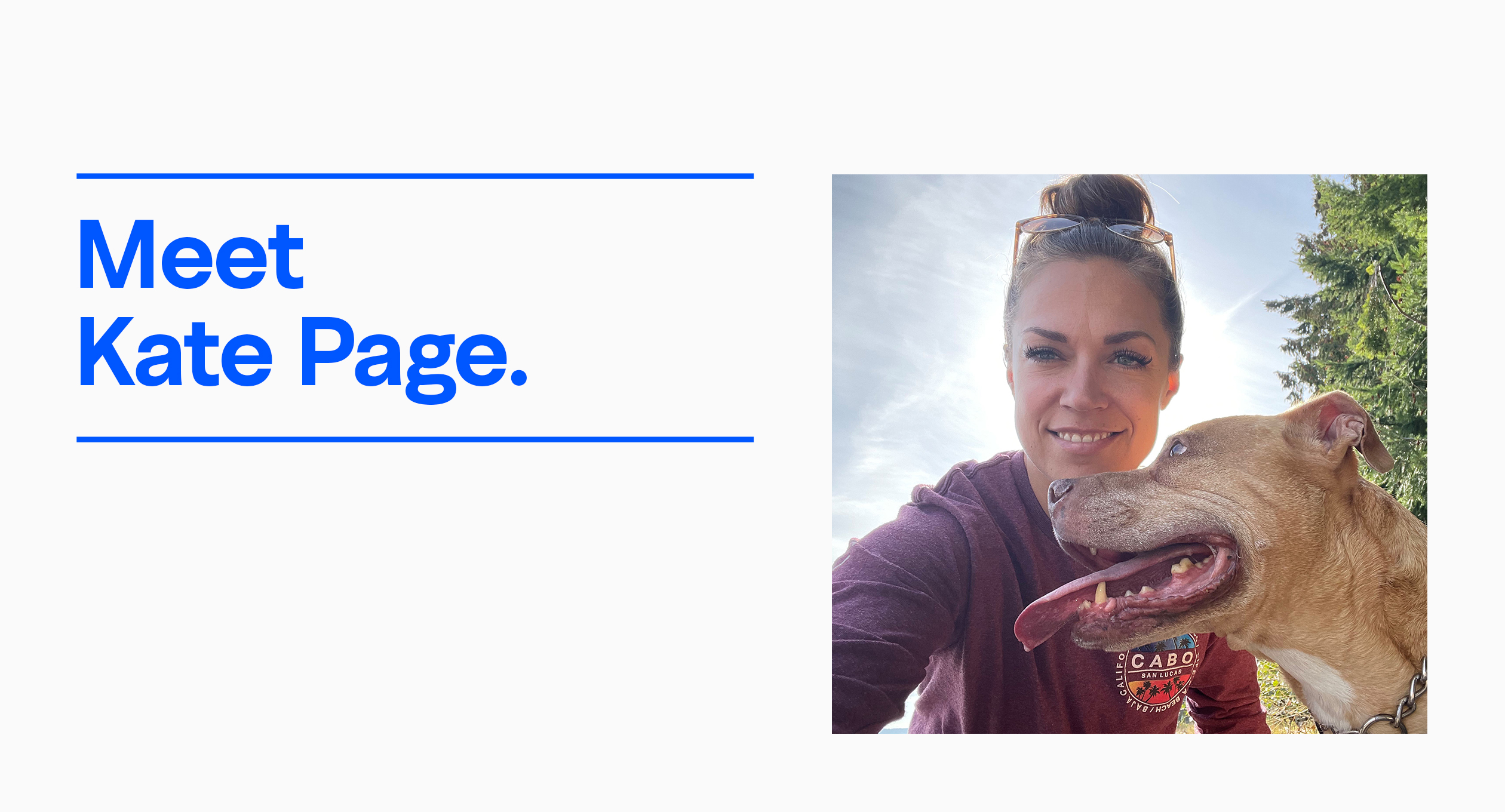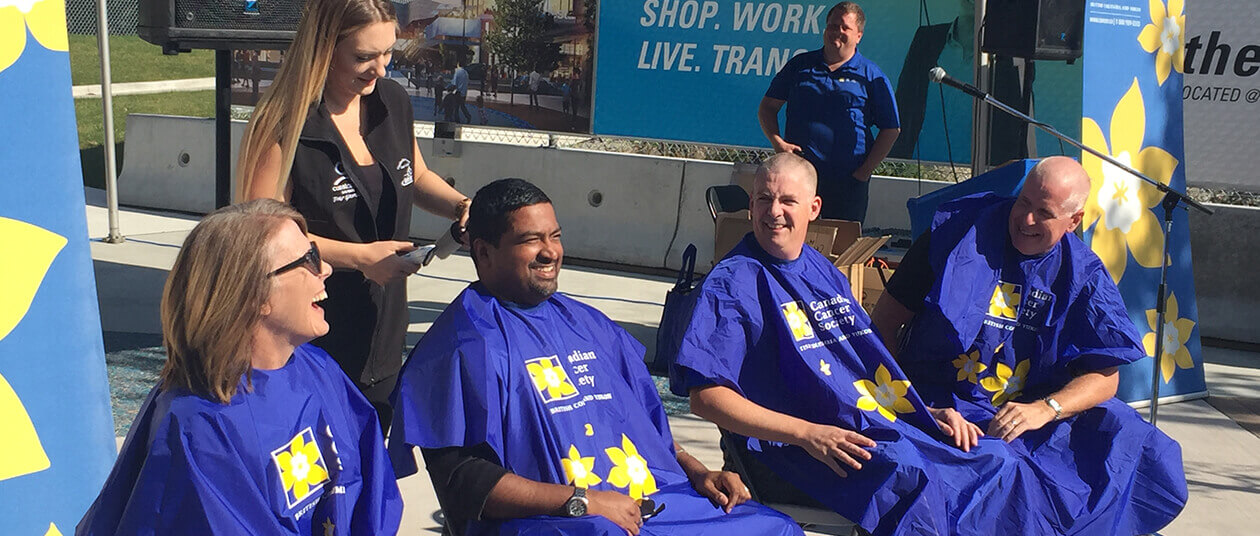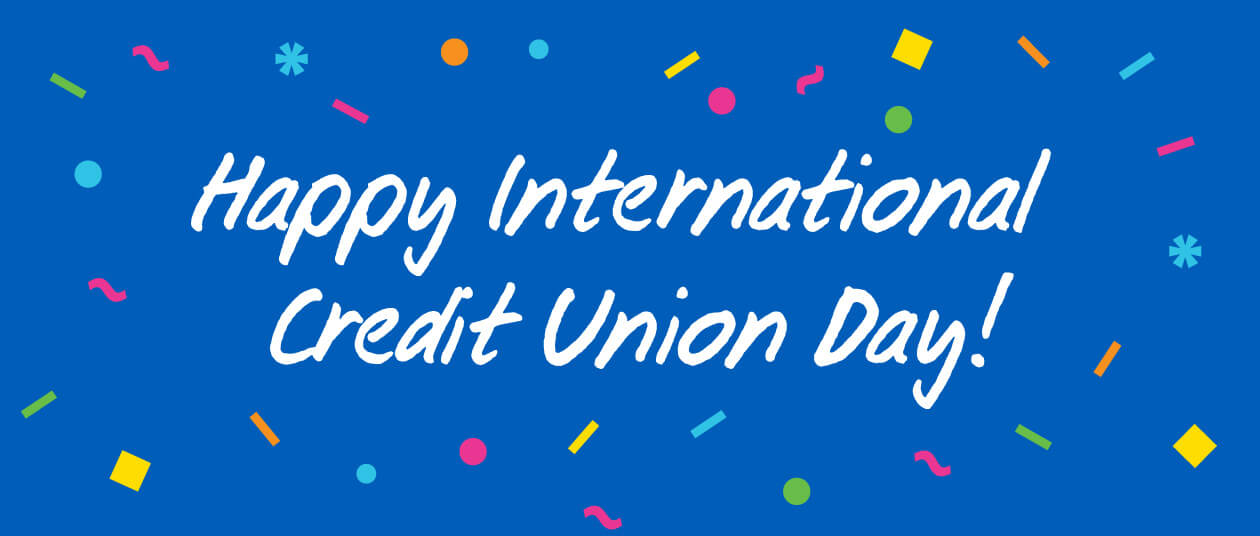October is National Disability Employment Awareness Month, an opportunity for Coast Capital to champion equal opportunities for people of all abilities. When viewed through the lens of inclusion, employment provides Canadians with an opportunity for economic security and a sense of fulfillment and purpose. Yet, the employment rate for adults with disabilities is three in five (59%) persons compared to four in five (80%) of those without disabilities.* This is often due to misconceptions around people with disabilities and workplace inequity. We want to help change this.
Each week in October, we’ll profile a member of the Coast team to highlight their strengths and create awareness of their experience working at Coast. This week meet Kate Page.
*From Statistics Canada Canadian Survey on Disability Reports from 2017.
Meet Kate Page (She/Her/Hers), Senior Manager, Business Banking Solutions and Enablement
What do you love about your job?
I love that I get to connect with so many different amazing people inside and outside of Coast Capital on a regular basis to help bring support, engagement, efficiency, and capacity to the commercial frontline teams of Coast Capital.
What barriers have you faced as a person with a disability in the workforce?
My dyslexia presentation means it takes a lot longer for me to learn and consume information. I am a terrible speller and reading is exhausting. This causes challenges for me with many aspects of daily life especially as digital communication and the amount of information we’re expected to consume has increased over the years. For me, being successful in any role feels like it takes more effort than for those without dyslexia.
What do you wish more people knew about dyslexia?
I wish more people truly understood that it’s an invisible disability that shows up differently for anyone who has it. There are varying degrees of challenges that people with dyslexia face and the presentations can fluctuate day to day. There can be many factors that affect presentation such as stress, sleep, exercise, etc. People who have dyslexia can learn coping skills, but the disability is a lifelong thing.
***************
Coast Capital takes a person-first approach to disability. We understand that disability is complex. It reflects an interaction between the person and the society in which they live. Physical and non-physical workplace barriers can limit an individual’s full and equal participation.
A disability can occur at any time in a person’s life. Some people are born with a disability while others develop a disability later in life. It can be permanent, temporary, or episodic. Disability can steadily worsen, remain the same, or improve. It can be very mild to very severe.
Coast Capital’s definition of disability builds upon how disability is defined in the Accessible Canada Act. It demonstrates that disabilities are socially constructed. Disabilities emerge from the relationship between the individual and society. At Coast Capital, this definition reminds us that it is our responsibility to remove barriers for persons with disabilities because barriers are created and reinforced by the ways we think and act as a society.



